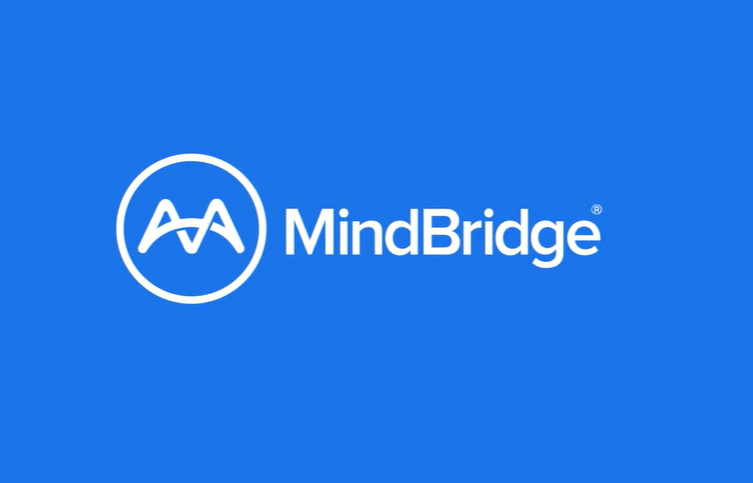Faced with mounting worries over their finances and retirement outlook, six in 10 millennials say they are willing to sacrifice pay for more secure retirement benefits. At the same time, however, their appetite for forgoing some of their pay for reduced or more predictable health benefit costs has decreased over the last few years, according to research by Willis Towers Watson (NASDAQ: WLTW), a leading global advisory, broking and solutions company.
The Global Benefits Attitudes Survey found the number of millennials willing to pay a higher amount for a guaranteed retirement benefit has increased from 42% in 2009 to 59% this year. Two-thirds of boomers (66%) would also be willing to sacrifice pay for more secure retirement benefits, versus half in 2009. However, only a third of millennials (32%) and boomers (34%) said they are willing to pay a higher amount for lower or more predictable health costs, a decline from 43% and 45%, respectively, in 2009.
“Employees of all generations, including millennials, are feeling vulnerable about their long-term security,” said Steve Nyce, senior economist at Willis Towers Watson. “Employees young and old actually have a strong desire for more retirement security and are willing to give up pay to get more guarantees or a larger retirement benefit. Interestingly, employees seem to be saying they have enough health coverage now and are reluctant to pay more.”
The survey also highlights the importance of core health care and retirement benefits to millennials. When asked how they would spend money if their employer provided them with an allowance to spend on a variety of benefits, millennials said they would allocate more than half to health care and retirement plan benefits (27% each). Additionally, almost half of millennials (48%) ranked pay and bonus over all other benefits if given a choice, a clear indication of their financial issues and need for more financial flexibility today.
Millennials are also much more likely to embrace nontraditional benefits and work/life balance than boomers. Nearly one-third of millennials (32%) ranked more paid time off, greater opportunities for flexible work arrangements and career advancement, and options to purchase a wider variety of benefits as a top priority. That’s more than double the percentage of boomers who want these benefits.
“Millennials, because of their financial situation, are concerned over how to help make ends meet,” said Shane Bartling, a senior consultant at Willis Towers Watson. “But millennials also recognize they have long-term financial risks as well, and many agree with having their employer play an active role in encouraging them to better manage their finances. For employers, this is a good opportunity to help their employees make smart financial decisions at pivotal moments through the use of unbiased and personalized budgeting and projection tools.”
Thanks for reading CPA Practice Advisor!
Subscribe Already registered? Log In
Need more information? Read the FAQs
Tags: Benefits




